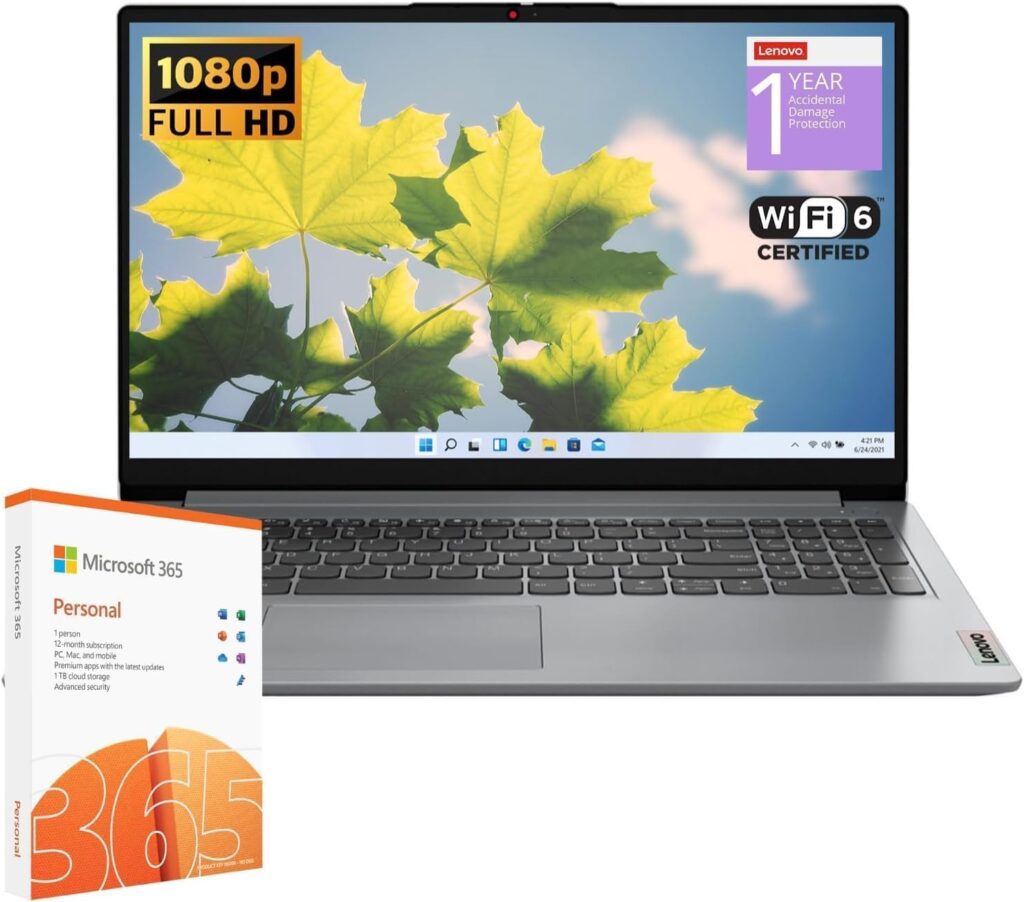

Edge computing redefines data processing by shifting computation closer to data sources, such as IoT devices and local servers, rather than relying solely on centralized cloud servers. This proximity minimizes latency, allowing real-time data analysis and response, which is critical for applications like autonomous vehicles and industrial automation. By processing data locally, edge computing reduces bandwidth usage, as only relevant information is sent to the cloud. This approach enhances security and privacy since sensitive data can be processed on-site rather than traveling over the network. Furthermore, edge computing can ensure service continuity in areas with intermittent connectivity, as devices remain functional without needing constant cloud access. Ultimately, edge computing supports faster decision-making, greater efficiency, and cost savings, paving the way for innovation in sectors requiring rapid data insights and action.
Lenovo Idea Pad 1 Student Laptop: Equipped with an Intel Dual-Core Processor, 20GB RAM, 1TB SSD + 128GB eMMC storage, and a 15.6″ Full HD Display. Includes 1 Year of Office 365, Windows 11 Home, Wi-Fi 6, Webcam, Bluetooth, and SD Card Reader. Sleek Grey finish.










